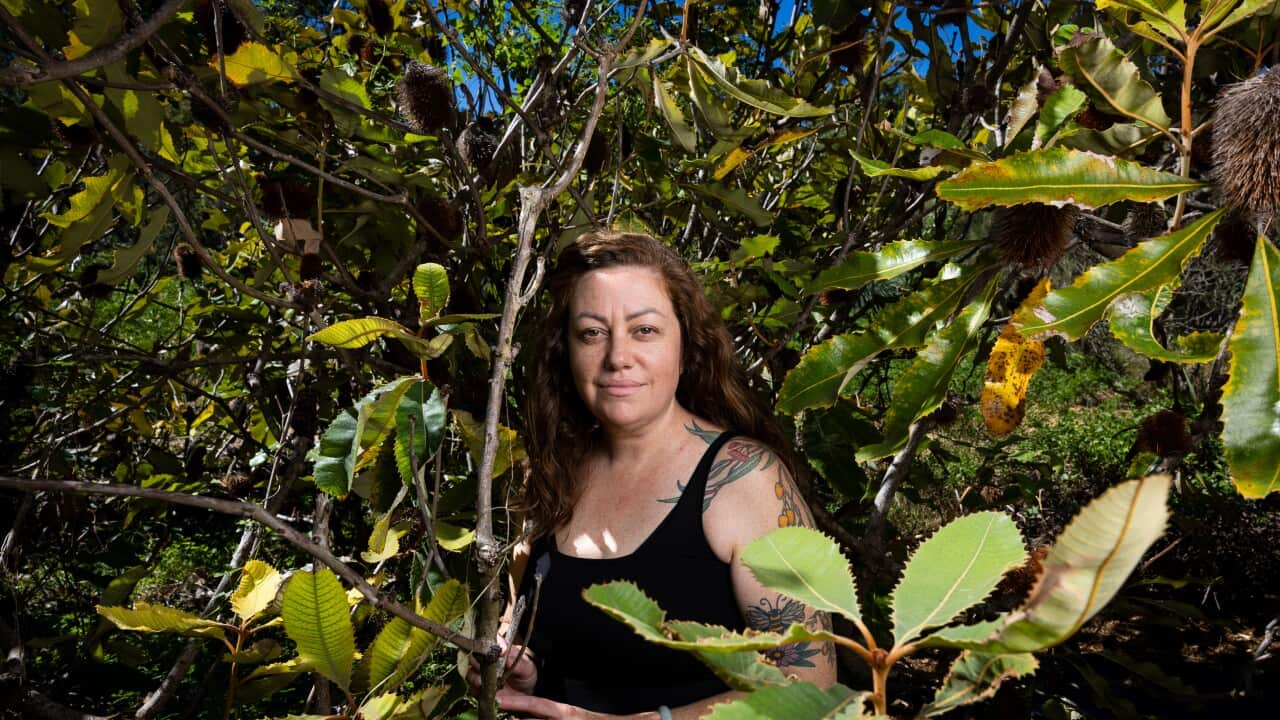For two years, Frank Watt was separated from his family, his community and his Country — all for the sake of staying alive.
The 54-year-old Mornington Island man had to relocate over 800 kilometres away to Townsville to access lifesaving dialysis treatment for End Stage Kidney Disease (ESKD).
Like many Aboriginal and Torres Strait Islander peoples, Frank faced the emotional, cultural, and physical toll of being away from Country to receive essential care.
But today, Frank is home — and healing where his heart is.
Thanks to the North West Hospital and Health Service, a new renal dialysis unit at Mornington Island Hospital is now open.
The facility includes six dialysis chairs, allowing locals like Frank and his wife, who also requires treatment, to stay close to their families while managing their health.
“Before I moved to Townsville, I used to work so very hard just to earn enough money for my family … then I had to keep making appointments about my kidneys and travel down to Townsville," he told NITV.
The move, he says, was difficult — not just because of the distance, but the adjustment to being away from his environment, his language, and his loved ones.
“It’s been pretty tough, you know, living away from home and from your family.
“You get lonely. I missed my wife, my kids, and my grandchildren. I used to feel sick just thinking about not being home.”
Despite the challenges, he remains thankful for the care he received in Townsville.
“The renal doctors, nurses, their staff — they did a very good job getting us back to good health,” he said.
“But still, it’s hard being away for so long.”
Now that he’s back on Mornington Island, the change has been life-giving.
“We just attend our unit every second day. Then we’ve got two days off, which is good for us — just to chill out. Being home, everything’s easier.”
More than just easier — it’s empowering.

Frank had to relocate over 800 kilometres away to Townsville.
“We can fish where we want, get mussels, shellfish … camp on the beach," he laughed.
And more importantly, he says, he can connect with culture.
“Yes, it’s very powerful. Very strong. It means a lot to be able to stay on Country while getting healthy. Where I grew up, we learned how to survive — on the bush and on the sea.”
Frank and his wife feel lucky to be among the first to access the new facility.
“I reckon we were very lucky to get treatment back home,” he said.
“A big thank you to the renal doctors, the nurses, and all the staff — they’re doing a great job helping people like us get our health back.”
North West Hospital and Health Service Chief Executive Sean Birgan said the new facility is a major milestone in addressing the healthcare inequality faced by many remote Indigenous communities.
“With the rates of kidney disease in some Aboriginal communities up to 20 times higher than the national average, services like these are not just important — they are urgent,” he said.
For Frank, the return home isn’t just about dialysis. It’s about identity, connection, and community.
“I'm very happy to be back home,” he said.
“Very happy.”






